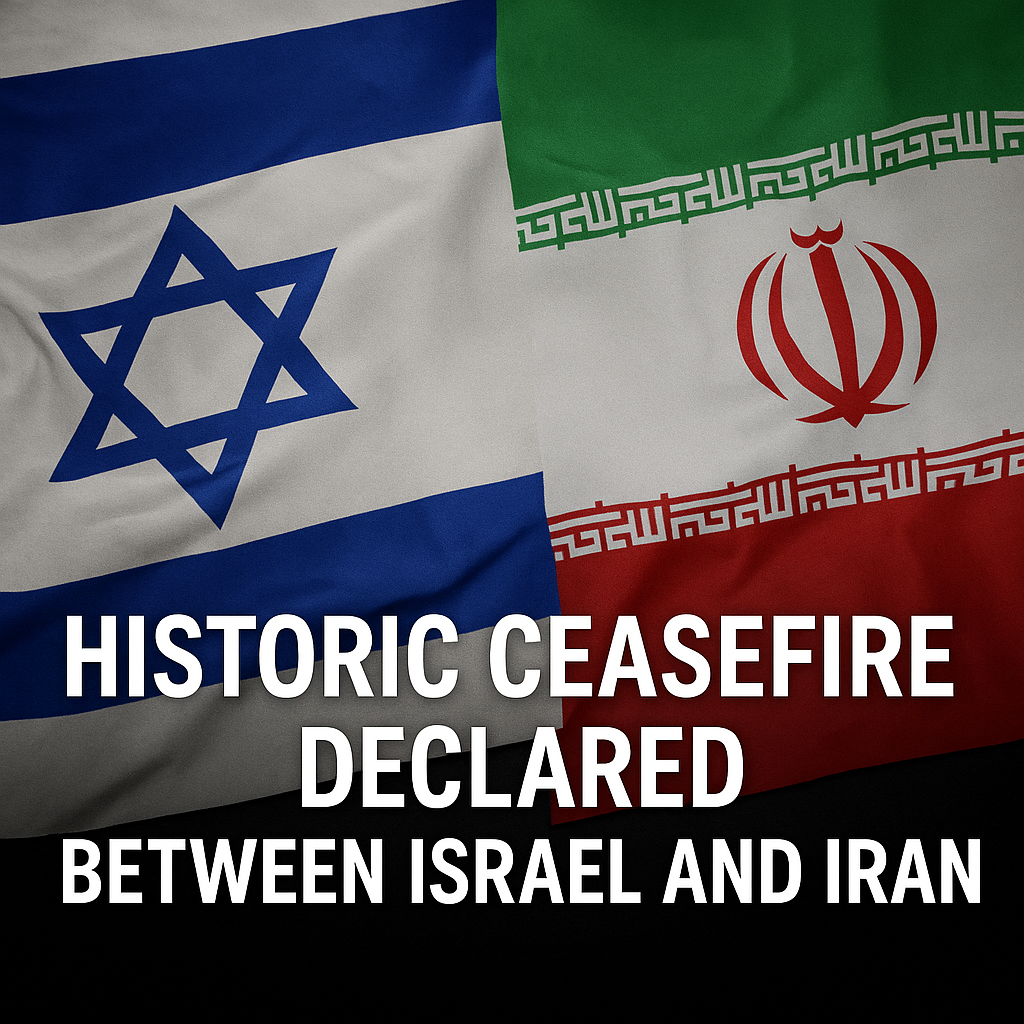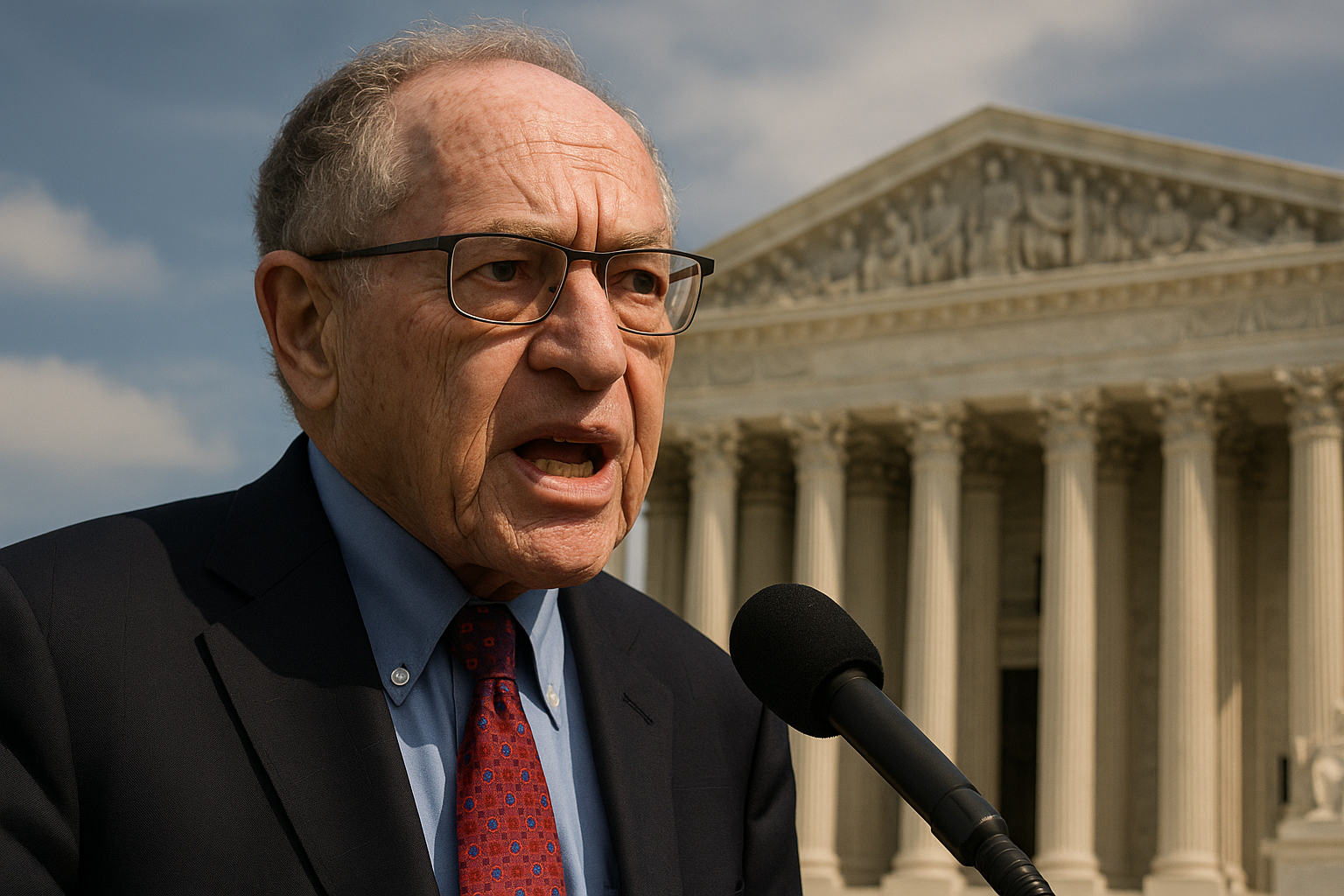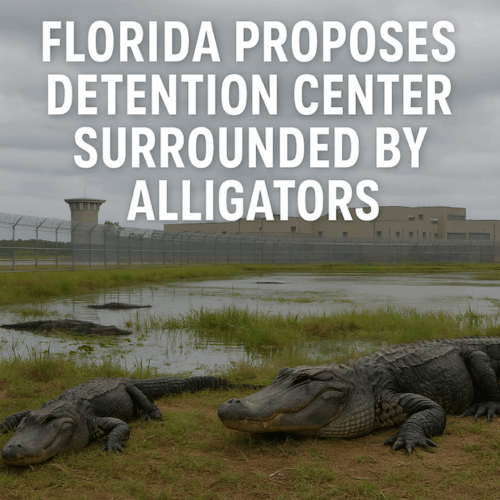Historic Ceasefire Declared Between Israel and Iran
In a dramatic turn of events on June 23, 2025, former U.S. President Donald Trump announced that Israel and Iran have agreed to a phased “complete and total” ceasefire, effectively ending what Trump described as the “12 Day War.”
According to his announcement on Truth Social, Iran would halt its military operations first—approximately six hours after the announcement—and Israel would follow in a second, symmetrical phase 12 hours later. If adhered to, this arrangement would culminate in a full cessation of hostilities within 24 hours.
Trump lauded this development as a profound breakthrough, attributing the agreement to the “stamina, courage, and intelligence” of both nations. He underscored that diplomatic efforts, particularly Qatar’s mediation, played a pivotal role in securing Iran’s reluctant consent.
Immediate reactions from both capitals were mixed. While Trump’s team framed the ceasefire as a definitive end to a destructive conflict, neither Israel nor Iran had issued formal statements confirming the deal at the moment of announcement.
Iran’s Foreign Minister, Abbas Araghchi, clarified that Iran’s commitment hinged on Israel stopping its strikes by 4 a.m. Tehran time. Israeli officials, similarly, had not publicly endorsed the announcement at the time.
For conservatives attuned to factual grounding, it’s essential to note that this deal follows a fierce escalation in the region. On June 22, U.S. forces conducted “Operation Midnight Hammer,” targeting and severely damaging three Iranian nuclear facilities—Fordow, Natanz, and Isfahan—with bunker-buster munitions.
The following day, Iran launched a missile salvo at the U.S.-operated Al-Udeid Air Base in Qatar, though thankfully no casualties were reported.
The accumulated toll of the short conflict was both tragic and sobering. Reports indicated that at least 24 people in Israel lost their lives, while more than 970 perished in Iran. In addition to civilian and military deaths, both nations saw significant infrastructure damage, including hospitals, residential areas, military installations—and, critically, nuclear-related facilities.
Analysts observing from a conservative standpoint have characterized this ceasefire as vindication for a strategy that embraced strength and deterrence. An opinion piece in Newsweek noted that Trump’s decisive military posture may have forced Iran to reconsider its escalation. The argument follows a familiar conservative logic: overwhelming force can produce swift resolution and pave the way for diplomacy.
Nevertheless, questions remain. Iran’s commitment is conditional, resting on Israeli restraint, while Israel has yet to affirm the agreement publicly. Independent monitoring and enforcement mechanisms are sparse. International reactions have been cautiously optimistic: many global governments welcomed the announcement, yet urged both sides to formalize and respect the agreement.
Qatar’s role in mediating the ceasefire was widely recognized. Trump credited Qatari interventions for securing Iran’s reluctant acquiescence. Having cultivated ties with both Tehran and Washington, Doha positioned itself as an impartial facilitator—a role applauded by conservatives valuing realpolitik and pragmatic diplomacy.
Iran itself characterized its response as measured. Foreign Minister Araghchi stated Tehran would only keep silent its military operators if Israel ceased hostilities by a strict deadline.
Meanwhile, some Iranian hardliners hinted at future reprisals should the ceasefire be broken.
Within Israel, military leaders and national security officials are reportedly vetting the ceasefire to ensure it safeguards Israeli lives and security assets. Although no public declaration has been made by Prime Minister Netanyahu’s office, outlets revealed Israelis have begun observing silence rather than celebrating prematurely—a sign of cautious hope. The ceasefire has raised cautious expectations for possible Iranian nuclear diplomacy to resume.
Conservative opinion figures underscore this development as a testament to strong defense. Trump’s interventions—militarily and diplomatically—have fostered a credible deterrent effect, compelling Tehran to pause. Pivoting from conflict to dialogue, this approach dovetails with core conservative values: robust defense, unwavering resolve, and strategic-peace based on strength.
Still, as one conservatively minded commentator cautioned, a ceasefire is not the same as peace. Long-term stability hinges on sustained engagement, verification, and addressing Iran’s broader ambitions—especially its nuclear capabilities. The next phase likely requires renewed negotiations underpinned by American and allied oversight.
For U.S. Christians with a conservative worldview, this moment offers encouragement. Ending the immediate bloodshed reflects the biblical principle of seeking peace (Matthew 5:9), while preserving national security aligns with the duty governments bear for “the sword” (Romans 13:4). Citizens may regard this outcome as a moral as well as strategic victory.
Absent declarations of permanent peace, the region remains on edge. Israel is preparing contingency plans should Iran renege, and U.S. forces remain on alert across the Middle East. The ceasefire, while welcomed, is a preliminary step in what many expect to be a comprehensive peace and security negotiation.
In short, what began as a brutal flare-up has, through decisive leadership and calibrated military response, resulted in a fragile but hopeful ceasefire. Its endurance will depend on the integrity of both parties, unwavering enforcement, and renewed diplomacy—all key ingredients for a lasting resolution.





